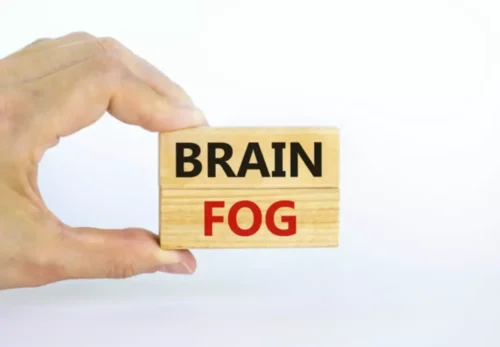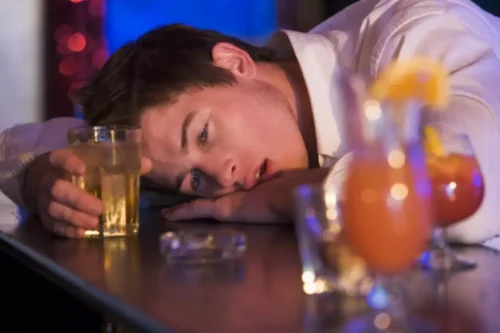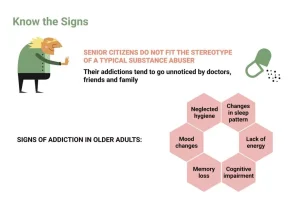
While most drinks and high-liquid foods will provide water for the body to use and stay hydrated, some drinks may act as diuretics having the opposite effect. Drinking 2–3 cups of coffee a day may be an acceptable practice to maintain moderate coffee consumption. An increased intake of coffee may cause a diuretic effect that promotes dehydration. If a person does not get enough hydration alongside their alcohol intake, the alcohol may cause dehydration.
Drink plenty of water:

This effect is why alcohol is often thought of as a diuretic. Moderating your intake of energy drinks and alcoholic beverages is an easy way to prevent dehydration. According to a small study in 11 men, consuming beer with a 5% alcohol content after exercise increased urine output significantly more than consuming a sports drink did (10).

Chia Seed Water
Alcohol can increase urine production, which can lead to dehydration. When the body is dehydrated, it tries to conserve water by producing less urine. However, alcohol can does alcohol dehydrate you interfere with this process and cause the body to produce more urine than it needs to (breaking the seal). This can lead to dehydration and further electrolyte imbalances.
Other risks of alcohol consumption
- There you have it – while alcohol-free beer can be bad for you in some situations, alcohol-free beer is good for you, not just as an alternative to alcoholic drinks but as a health drink in its own right.
- A small amount of caffeine may not be an issue for most people, though increasing caffeinated beverages may contribute to overall caffeine intake.
- But beyond the type of alcohol you’re imbibing, you might not realize how much dehydration enters into the hangover equation.
It’s important to note that drinking diet soda isn’t a suitable alternative to sugar-sweetened beverages. I’ve spent the last seven years researching and understanding alcoholism, addiction, and how people get sober. Additionally, I examine the way mental and physical health as well as our relationships with others impact the reasons people drink and their role in maintaining sobriety long-term. Alcohol will dehydrate you, which has adverse effects both in the short and long term. And if you need help with that, I’ve included some resources at the end of this article, including a quiz to help you assess your current drinking habits. Remember, alcohol dehydration has both acute and chronic effects.

Does Alcohol Dehydrate You?
How much alcohol you consume will influence what symptoms you experience. If you don’t want to deal with dehydration from alcohol, the best (and most obvious) preventative measure is not to drink alcohol. Dehydration can also cause fatigue and drowsiness, which can increase the risk of accidents, particularly when driving or operating heavy machinery. This is because dehydration can cause a decrease in blood volume and low blood pressure, which can lead to reduced blood flow to the brain, causing fatigue and drowsiness. Lastly, dehydration can delay muscle recovery after physical activity. When muscles are dehydrated, they are more susceptible to damage and injury, which can lead to delayed recovery and increased muscle soreness.

The Inner Fight for Water
- Studies show chronic heavy drinkers experience more significant muscle damage and loss.
- Contrary to popular belief, alternating alcoholic drinks and water will not help you avoid dehydration.
- While it’s well known that drinking too much alcohol can lead to a hangover, even moderate alcohol consumption can lead to dehydration and electrolyte imbalance.
Food intake:
